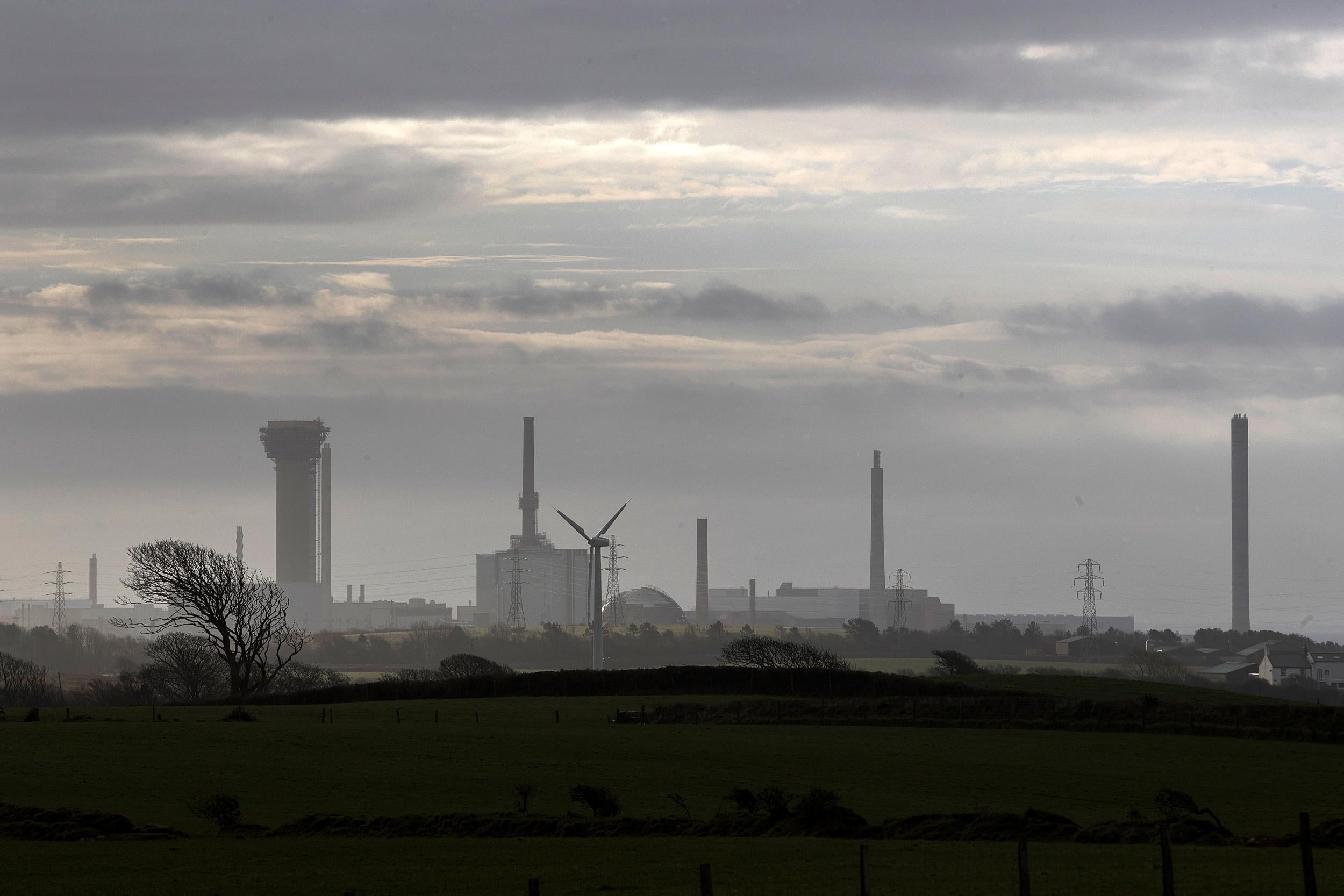Brexit: MPs demand close nuclear regulatory co-operation with Euratom after leaving EU
MPs on the committee warn the impacts of leaving Euratom will be 'profound'

Your support helps us to tell the story
From reproductive rights to climate change to Big Tech, The Independent is on the ground when the story is developing. Whether it's investigating the financials of Elon Musk's pro-Trump PAC or producing our latest documentary, 'The A Word', which shines a light on the American women fighting for reproductive rights, we know how important it is to parse out the facts from the messaging.
At such a critical moment in US history, we need reporters on the ground. Your donation allows us to keep sending journalists to speak to both sides of the story.
The Independent is trusted by Americans across the entire political spectrum. And unlike many other quality news outlets, we choose not to lock Americans out of our reporting and analysis with paywalls. We believe quality journalism should be available to everyone, paid for by those who can afford it.
Your support makes all the difference.Britain should retain as a close as possible a relationship with the European civil nuclear regulator after Brexit, a Commons committee has demanded ahead of a crucial vote on the issue.
MPs on the committee warn that the impacts of leaving Euratom will be “profound”, putting the UK in a much weaker position to drive regulatory standards at a European level.
“We conclude that the Government should seek to retain as close as possible a relationship with Euratom, and that this should include accepting its delivery of existing safeguards requirements in the UK,” the report from the Business, Energy and Industrial Strategy (BEIS) committee states.
Euratom – set up in 1957 – is responsible for regulating the nuclear industry across the continent, disposing of waste, safeguarding the transport of nuclear materials, the mobility of workers in the sector, and carrying out nuclear research and development.
Following the general election the Government published a policy paper, insisting that when Theresa May invoked Article 50 of the Libson Treaty – triggering the Brexit process – the intention to leave the nuclear regulator was also provided.
“This reflects the fact that the treaties of the EU and Euratom are uniquely legally joined,” the paper added.
The committee’s report comes as more than 100 MPs signed an amendment to the EU (Withdrawal) Bill, dealing with the Government’s intention to leave Euratom after Brexit. They want the Prime Minister to guarantee protections for the nuclear industry.
Rachel Reeves, the Labour MP who chairs the BEIS committee in Westminster said: “Throughout our inquiry, no-one has advocated to us leaving Euratom. As a leading member of Euratom, the UK has driven standards and ensured our national interests are front and centre of the development of the industry in Europe.
“But we now face the prospect of setting-up our own nuclear safeguarding regime in its place which falls short of the Euratom standards. This requires us to set up our own bureaucracy, which comes at a cost of millions, with very real doubts that it will actually be ready in time.
“The Government should, as a matter of urgency, be seeking to retain as close as possible an association with Euratom and secure its ongoing delivery of safeguards requirements in the UK. Any delay will increase investment in contingency arrangements which may ultimately not be required.”
The committee said it was “highly doubtful” that the UK could deliver safeguards to Euratom standards by the date of the UK's departure from the EU in March 2019.
The MPs called for an extended transitional period for civil nuclear, or the continuation of Euratom support, to ensure standards are maintained and the risks to trade and transport of materials are reduced.
Sue Ferns, the deputy general secretary of Prospect, which represents workers in the nuclear sectors, said: “The nuclear industry is a significant employer of highly skilled good jobs in many parts of the country.
“The risks of leaving Euratom without a deal are too great and could make it much more difficult to trade and maintain our competitive edge. Prospect is calling for calling guarantees on nuclear safety, research and collaboration and funding.”
Join our commenting forum
Join thought-provoking conversations, follow other Independent readers and see their replies
Comments